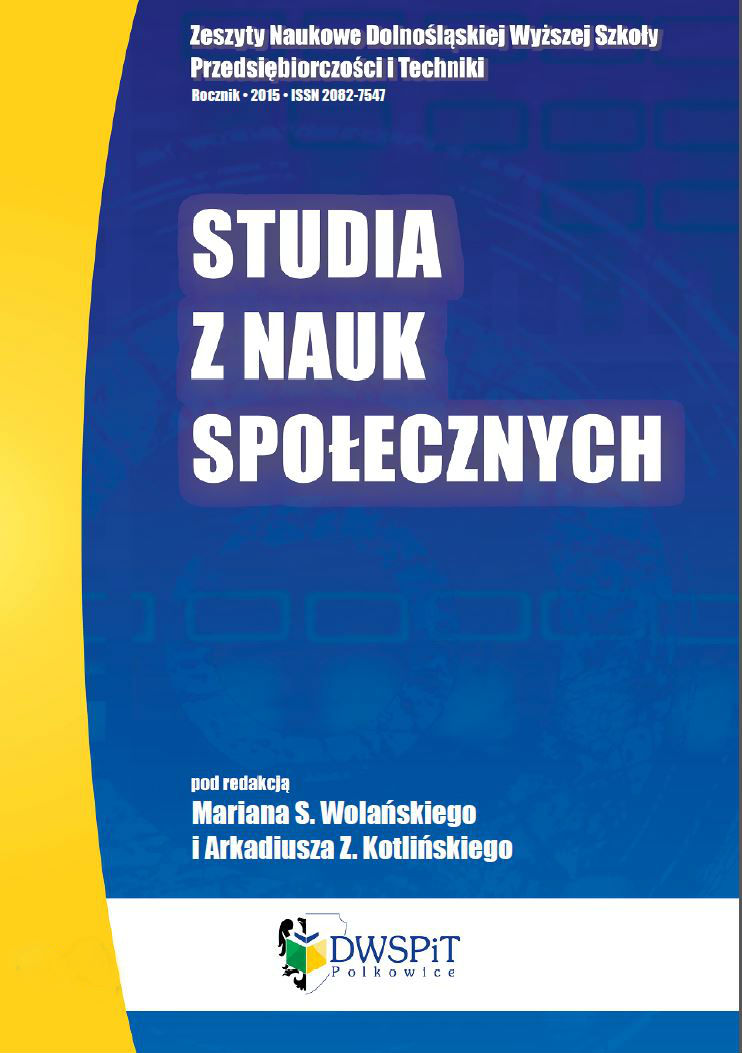Chorwacja we współczesnych stosunkach międzynarodowych z państwami Korytarza Środkowoeuropejskiego
Croatia in modern international relations with the states of Central European Transport Corridor
Author(s): Małgorzata Łakota-MickerSubject(s): National Economy, International relations/trade, Economic development, Transformation Period (1990 - 2010), Present Times (2010 - today), Tourism
Published by: Wydawnictwo Uczelni Jana Wyżykowskiego
Keywords: The Republic of Croatia; The Central European Transport Corridor; Initiative CETC-ROUTE 65;
Summary/Abstract: The article Croatia in modern international relations with the states of Central European Transport Corridor discusses one of the most crucial events through which the Croatia has participated actively for few years. The initiative of creating the Central European Transport Corridor CETC-ROUTE 65 came into being from the need for close cooperation between the local self-governments of the European states. According to its assumption, the setting up of the developing zone CETC-ROUTE 65 is to influence the competitiveness of the regions located within its area, strengthening the areas that are underdeveloped structurally, inter alia decreasing the unemployment rate, developing the tourism and local economies. The agreement, that initially included two regions, has gained a lot of interest for the past few years. In April 2004, the Inter-Regional Agreement aiming at creating the Central European Transport Corridor was signed, within the framework of which the cooperation of 17 regions and districts in 6 countries has been being developed: in Sweden, Poland, the Czech Republic, Slovakia, and Hungary and Croatia. The Republic of Croatia is a great modern example of a state that is able to compete with other in the broad sense western countries. The political, economic, and military transformations that have occurred over the past few years, place the country at the equal level with others. Thus ceasing the negative associations that the states of former Yugoslavia and Zagreb have been perceived with for the past twenty years.
- Issue Year: 2014
- Issue No: 7
- Page Range: 25-38
- Page Count: 14
- Language: Polish

